We feel the support of our wider church, particularly from Presiding Bishop Michael Curry and President of the House of Deputies Gay Clark Jennings who were lead signers on an Amicus Brief that was submitted for this case on July 3, 2019. Thank you. Among the efforts of a range of religious traditions, that brief cites the work of several General Conventions in support of the full dignity of trans, nonbinary, and LGBQ people’s humanity. Thank you Vice President of the House of Deputies Byron Rushing for sponsoring resolution D012 in 2009, supported by Deputies Sarah Lawton of the Diocese of California and Dante Tavolaro of the Diocese of Rhode Island. That resolution put the Episcopal Church on record in support of non-discrimination legislation to protect trans people at the federal, state and local levels. We give thanks to the people of the Episcopal Church who answer “present” in the struggle for civil rights on behalf of trans and nonbinary people, as we live out our baptismal vow “to strive for justice and peace among all people, and respect the dignity of every human being.”
We also consider it important to acknowledge the particular contexts of struggle that today’s ruling has emerged out of and into. Title VII of the Civil Rights Act of 1964 prohibits discrimination on the basis of sex, race, color, religion, and national origin. It came into law because of the efforts of African Americans who struggled against racism for decades in the Civil Rights Movement. Today, we see the continuation of that struggle in the COVID 19 pandemic which is having disportionate health and economic effects on black and brown people in our communities. The struggle is continuing as well in the wake of the recent killing of George Floyd by police in Minneapolis, following the killing of Ahmaud Arbery in Georgia, Breonna Taylor in Kentucky, and on Friday Rayshard Brooks in Georgia. People around the country and the world are rising up to proclaim that black lives matter and that systemic racism, particularly its role in police brutality, must be eradicated. This is a history, a moment, and a movement with which trans and non-binary lives are bound up. The struggle very much continues.
In addition, this ruling arrives on the heels of news from Friday in which we learned that the Trump administration had reversed protection for trans people and the wider LGBTIQ communities in health care. The Department of Health and Human Services (HHS) released a rule change that seeks to remove discrimination protection for LGBTIQ people in access to health care (specifically in Section 1557 of the Affordable Care Act). The rule change makes it all too easy for health care providers to claim that their acts of discriminatory exclusion are protected practices of “religious liberty." While this ruling is not shocking given the Trump administration’s ongoing efforts to erode legal recognitions and protections for trans people, it was demoralizing on a deeply challenging day.
News of the HHS rule change emerged as the community was attending to the fourth anniversary of the Pulse Nightclub massacre and absorbing the terrible news of the deaths of two more black trans women. Dominique Rem’mie Fells of Philadelphia and Riah Milton of Cincinnati had been killed last week within a twenty-four hour period, raising the number of anti-trans deaths in this country in 2020 to fourteen. The combination of trans misogyny and anti-black racism continues to be a horrific systemic pattern that we must eradicate. As marches in several cities proclaimed this past weekend, black trans lives matter.
Such compounded, ongoing struggle makes today’s good news all the more important to embrace and to be fortified by as we continue to take up the critical work that remains to be done to fully make this world a place that respects the dignity of every human being. In these days of deep struggle, amid a time of social distancing, many in our community are feeling isolated, overwhelmed, and grief-stricken. Today’s news, emerging from and into an historic, ongoing, intersectional struggle, can remind us of the power of collaborative connection and solidarity. We are in this struggle together.

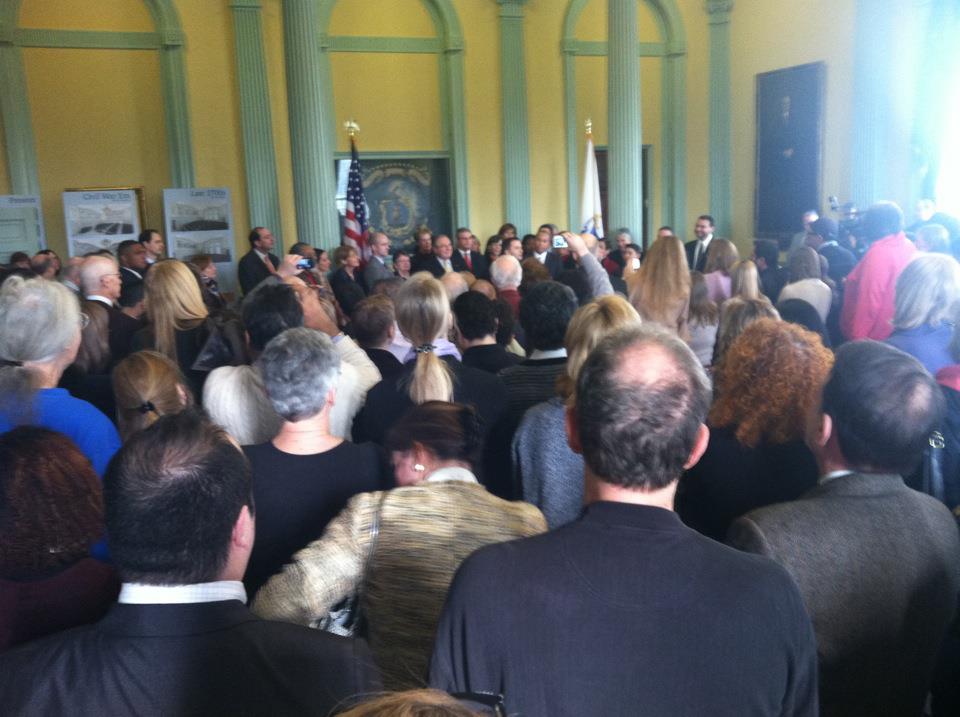
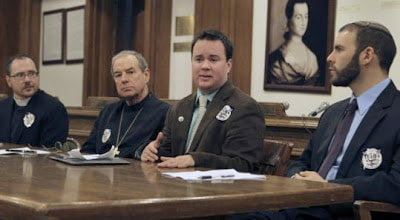
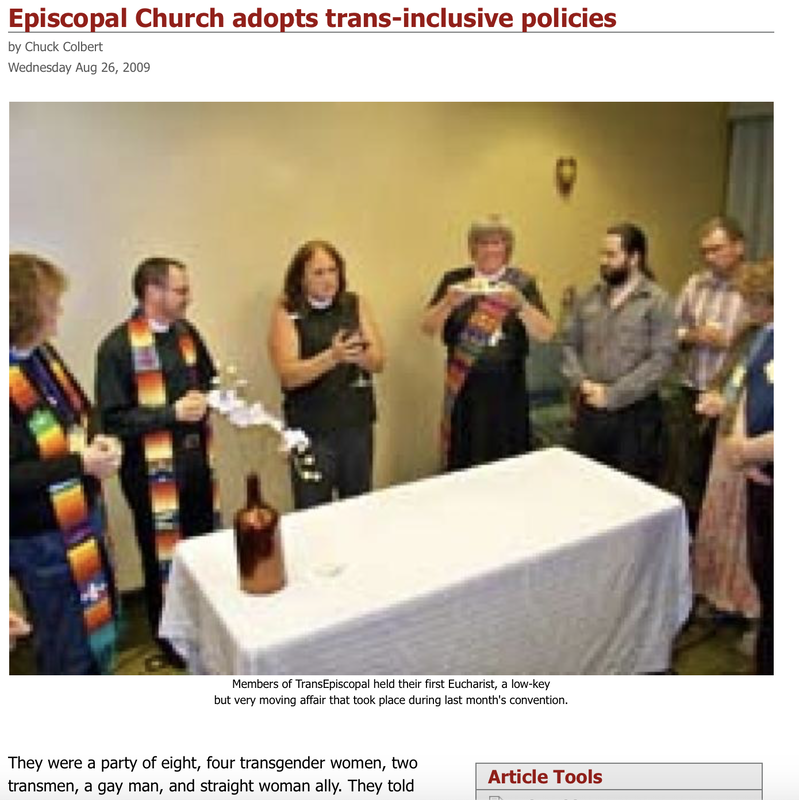
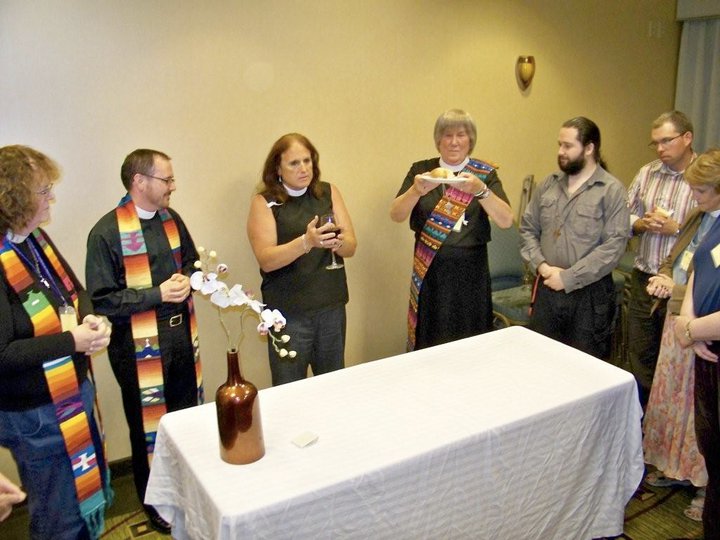
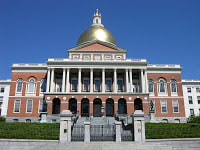
 RSS Feed
RSS Feed